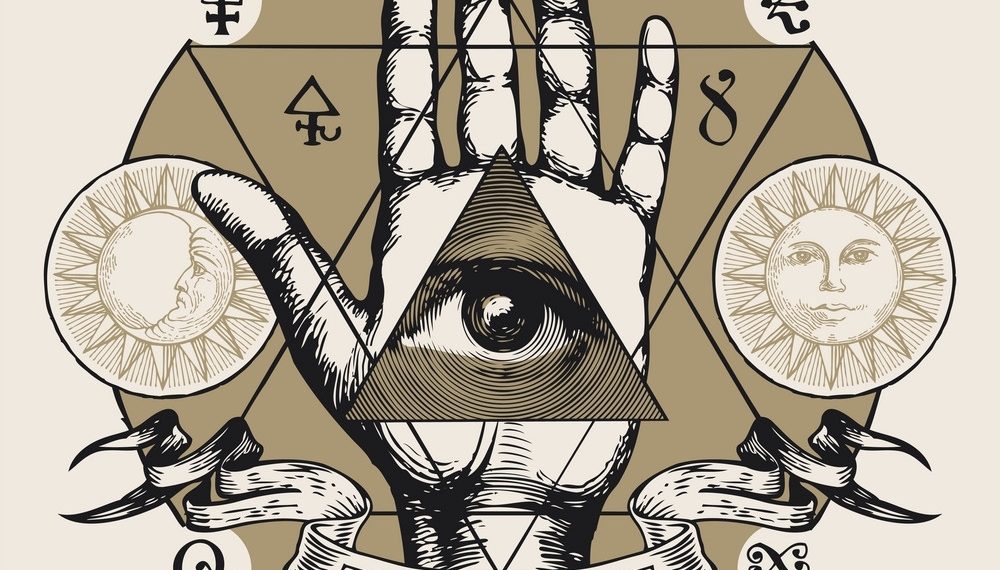“Diabolus in Musica means “The Devil in Music”. In medieval times, high clergymen had a habit of debating esoteric theological themes – such as “How many angels can dance on the head of a pin?”. They applied their mental machinations to music, too, and one of the ideas they came up with was that there was a true representation, in music, of the Holy Trinity. It was, of course, the musical interval produced by adding three pure tones – representing the Three in One. What you get if you try it is the interval of the augmented fourth, or tritone. Try it on a piano, if you like. Play a C and an F sharp together. To the modern ear, it’s not a nice sound. OK to produce a passing scrunch in jazz, but not something you’d want to hear repeatedly unless you were watching a horror film.
The medieval ear was used to hearing perfect fourths and perfect fifths – and perfectly in tune, too, unlike the modern equal-tempered scale. The augmented fourth, being half-way between the two most common pure intervals, was about the worst discord imaginable. So this idea about the representation of the Trinity was a nice thought, but it doesn’t work, so let’s forget it. Oh no. It fitted in with Plato, notions of the Harmony of the Spheres, and other esoterica. The theory had to be right. There was something sour and evil lurking at the heart of music itself. What had happened was that when the rules of harmony were laid down at the creation of the Universe, Satan had crept in and corrupted the image of the Trinity.
The tritone was therefore labelled “Diabolus in Musica”, and comprehensively banned from church music. No self-respecting church composer would ever write one anyway, because it was ‘orrible. But then there was Musica Ficta (if your brain’s hurting by now, have a cup of tea and come back). This was a technique used by experienced singers of church polyphony, whereby they would occasionally sharpen or flatten a written note, on the fly, to beautify their own vocal line. There were elaborate and strict rules about how and when it should be done, but singers often got caught up with the flow (polyphonic singing is a drug) and followed their inclinations rather than the church edicts. And were then severely carpeted for accidentally singing a Diabolus in Musica against the next bloke’s line.” – Diabolus in Musica
Copyright © 2021 by Jegtheme.


